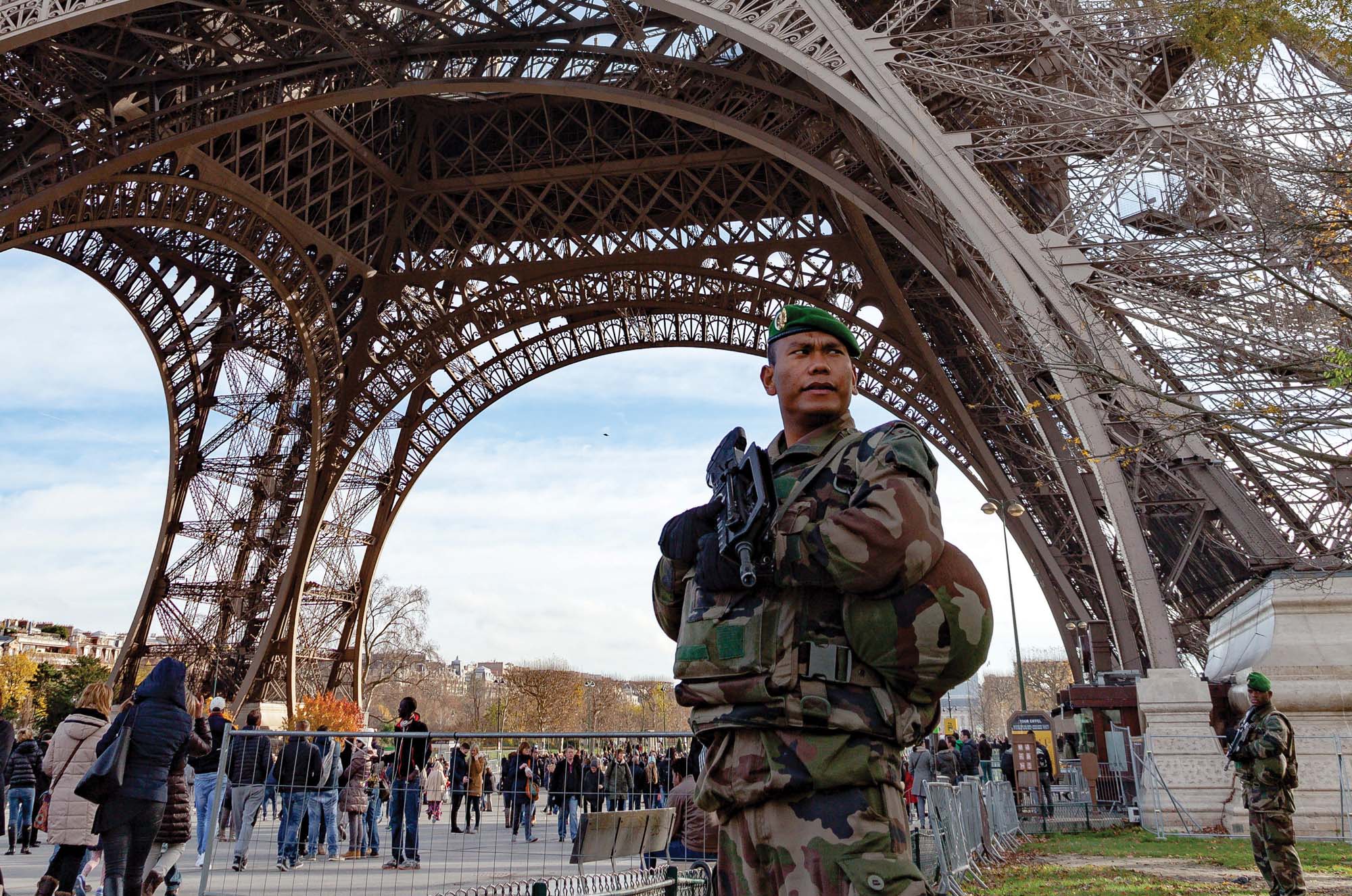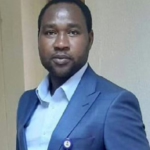
This article is a preview from the Autumn 2018 edition of New Humanist
After Charlie Hebdo: Terror, Racism and Free Speech (Zed) by Gavan Titley, Des Freedman, Gholam Khiabany and Aurélien Mondon (eds.)
Whites, Jews and Us: Toward a Politics of Revolutionary Love (Semiotexte) by Houria Bouteldja
While terrorism is, by definition, an act that seeks to puncture the routines and complacencies of everyday life, some acts of terror resonate longer and deeper than others.
“Successful” terror is that which provokes fear, talk and concern, that which draws into its radius of impact those who are not physically injured or closely connected to those that are. The attack must become a symbol, a fissure in society, almost to the point where its significance floats free from its material reality.
9/11 was one such successful terror attack; the attack on the Paris offices of the satirical newspaper Charlie Hebdo on 7 January 2015 was another. While France has seen other – and bloodier – terrorist incidents before and since, the consequences of Charlie Hebdo are still being played out. For that reason, the collection After Charlie Hebdo takes as its subject the aftermath of the event and its impact on France and beyond, bringing together contributions from a wide range of French and international scholars
The attack produced a wave of solidarity in its wake, including rallies across France and worldwide. The hashtag #JeSuisCharlie circulated for weeks and months afterwards. It is this outpouring of solidarity that After Charlie Hebdo seeks to question. As such, this will not be a comfortable read for many of those who were shocked and disturbed by the attacks. In their various ways, the contributors to the collection highlight how the ideals invoked in the aftermath of the attacks, such as “solidarity”, “secularism” and “free speech”, are not innocent ones.
The response from the French state and amongst many French (and international) public figures was to rally around the principle of a secular France, in which free speech would be defended as an almost sacred right. Yet, as the various contributors show, the “universalism” of the values that France supposedly embodies collapses under scrutiny. French imperialism may have professed to bring civilisation to the uncivilised, but in practice it depended on racial hierarchies that made a mockery of universalist pretensions. Similarly, while French secular laïcité may purport to treat all citizens equally, without regard to religion or background, too frequently it is indifferent to the needs of citizens who are discriminated against and marginalised by virtue of precisely those characteristics that it purports to ignore. Pious defences of free speech also ignore how it makes a difference if those who are publicly ridiculed and abused are in a subordinate position in the wider society.
For all of the reassertion of universal values following the Charlie Hebdo attacks, the state of emergency that France declared has only reinforced the position of French Muslims as outside the national community. Subject to intense police scrutiny and often isolated in the banlieues, French Muslims are unlikely to see demands to “integrate” as fair, to say the least.
Yet this is not the end of the story. However much the cosy assumptions of much of France (and the UK for that matter) are worthy of unpicking, After Charlie Hebdo also has its own problematic gaps. There is, first of all, an absence of empathy from many of the contributors. In resisting the enforced consensus that followed and the rote repetition of condemnation, too much is lost. Similarly, there is no real confrontation of the ways in which people can be viscerally frightened by terror (that is, after all, its purpose). The concerns of those who worry it could be them or their families next are unlikely to be quelled by calls for a long-term process of reckoning with the racist legacy of French imperialism, necessary as that might be.
The perpetrators of the attacks are also mostly absent from the collection, as is the ideology that drove them. At times, the contributors fall into mechanistic thinking, seeing the attacks as an inevitable consequence of how Muslims are treated in France and elsewhere. While some chapters point out the general ignorance of Islam among many of those who have perpetrated terror attacks in France, and the fact that the Charlie Hebdo attackers were not part of an organised global group, that doesn’t render fundamentalist ideology meaningless, or simply an excuse.
Finally, there is too little consideration of anti-Semitism. The siege of the kosher supermarket Hypercacher, which came two days after the Charlie Hebdo attacks, is hardly mentioned, nor is the repeated targeting of Jews by Islamists in France and elsewhere. In contrast, Houria Bouteldja’s incendiary work Whites, Jews and Us puts the Jewish issue front and centre. A French-Algerian activist, her short book has attracted considerable debate in France and worldwide. A sometimes thrilling polemic, Whites, Jews and Us offers an unabashed call for a revolution against the indelible racism at the heart of white rule; a call for an insurrection in which she offers “revolutionary love” as compensation for the dismantling of white privilege.
Bouteldja’s book starts by pointing out how Jean-Paul Sartre, who supported anti-imperialist revolutions, also undermined his revolutionary credentials – according to her – by supporting the existence of Israel. This demonstrated an unwillingness to abandon his whiteness; something which Bouteledja argues is a prevalent tendency on the French left. For her, Zionism is nothing more than Jewish capitulation to white supremacy, in which the west got rid of more of its Jews and gained an imperial outpost in the same moment. Jews are therefore a disappointment:
You have given up on depriving white people of their throne and instead pledged allegiance to them. You have abandoned the “universalist” struggle by accepting the Republic’s racial pact.
It is hard to read such words and not conclude that for Bouteldja, Jews can only be an enemy until they give up (white) Zionism and receive her revolutionary love in return. There is a frightening absolutism here. A world in which there is only one power in the world, white western power, and where the barrier between power and powerlessness is absolute until it is breached by revolution. Yet power and agency are not only ever deployed in one direction. For in the moment when someone is shot, whether that someone is Jewish, Muslim, rich or poor, absolute power resides in the shooter, however temporarily. With that power, comes responsibility and agency, and however much that may complicate considerations of where the strongest redoubts of power and privilege lie, we cannot simply ignore it.
Even though I learned much from both these books, they left me with a kind of despair. They exemplify the all-too-frequent tendency of those who (rightly) criticise western hypocrisies to replace one kind of blindness with another. Perhaps we need a new kind of universalism that would truly live up to its name: one that would be a scourge of the abuse of power whoever wields it, that would strive for empathy with all, giving no one a moral pass. Then again, perhaps this would simply slide back into the smug complacencies so evident in French republicanism and in other supposedly colour-blind western ideologies. Maybe humans are incapable of anything other than a partial recognition of our common humanity.


